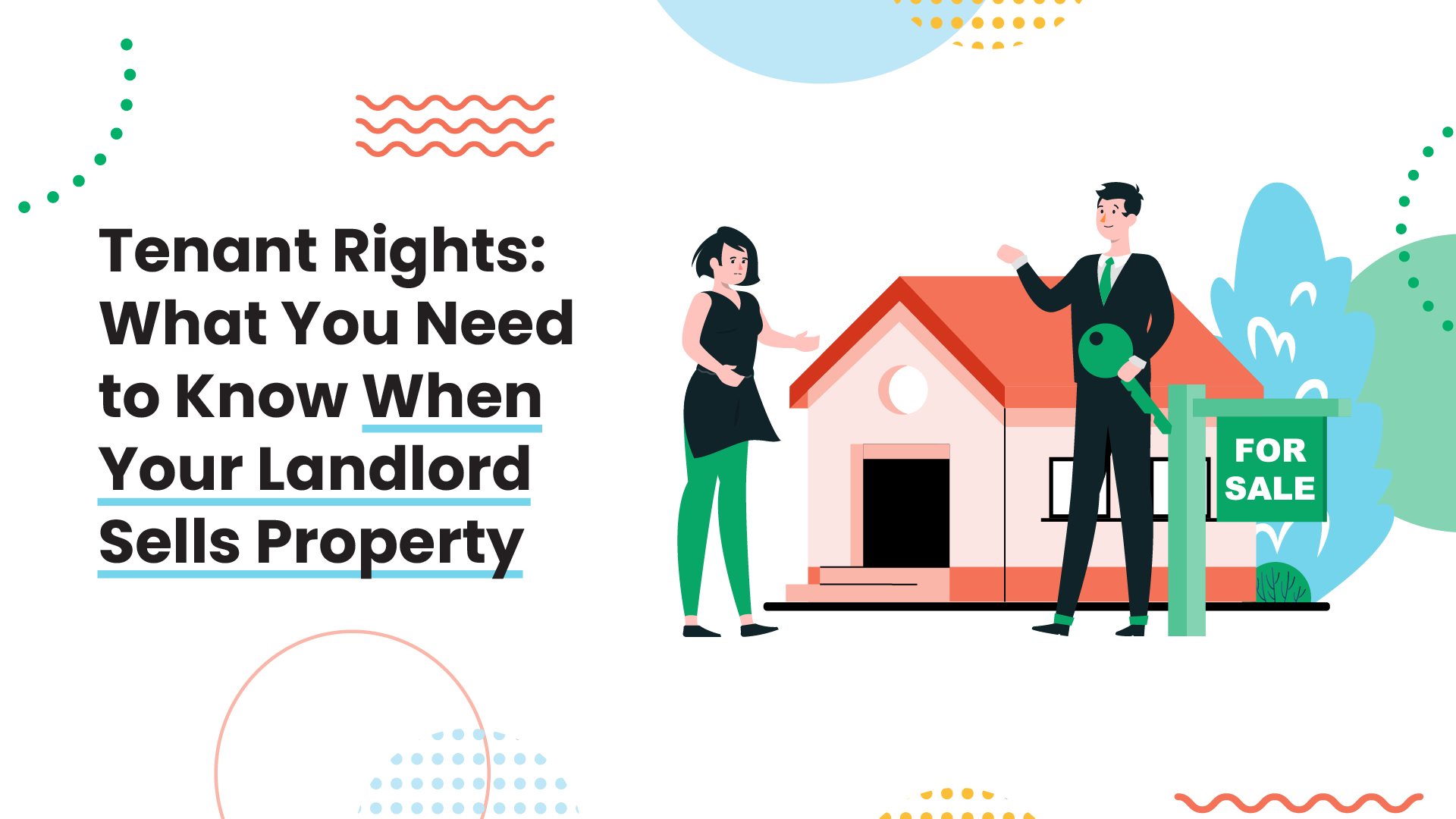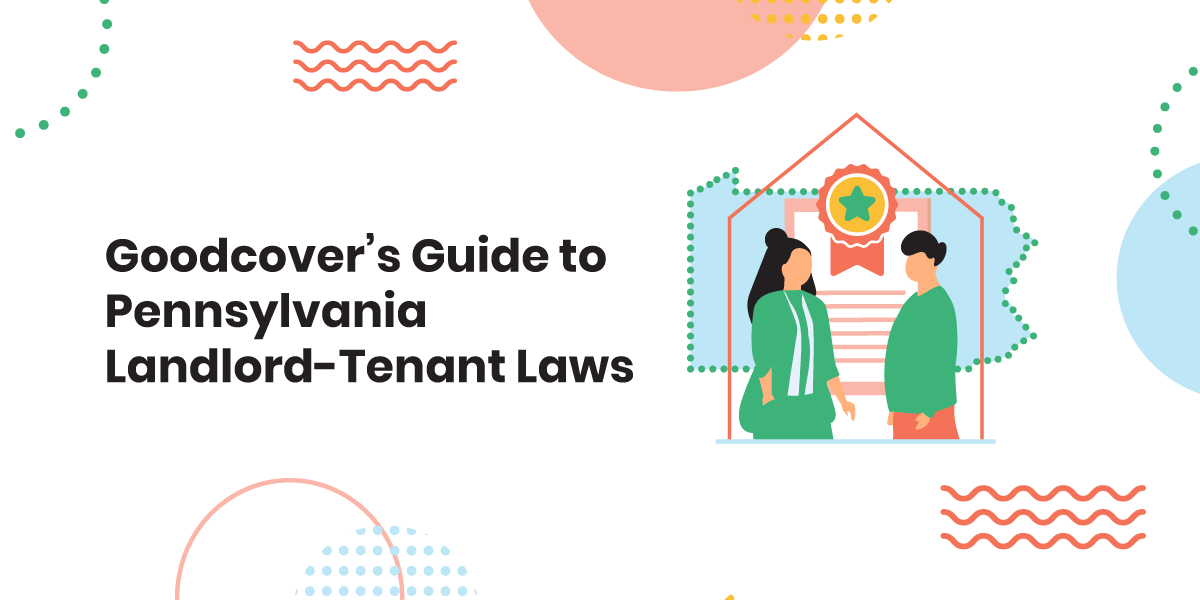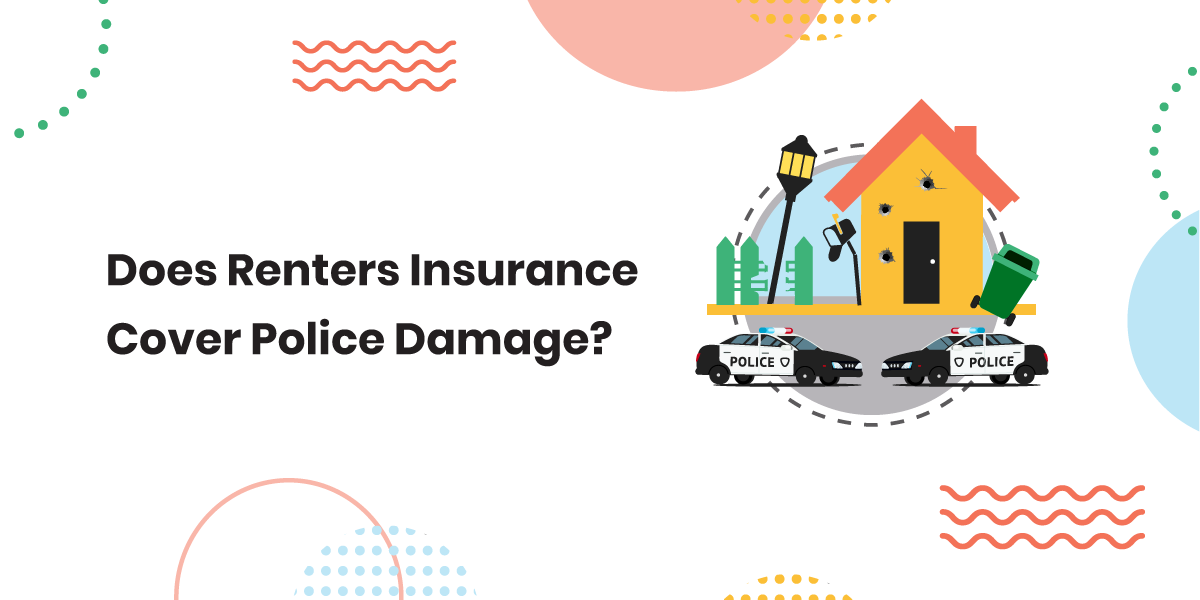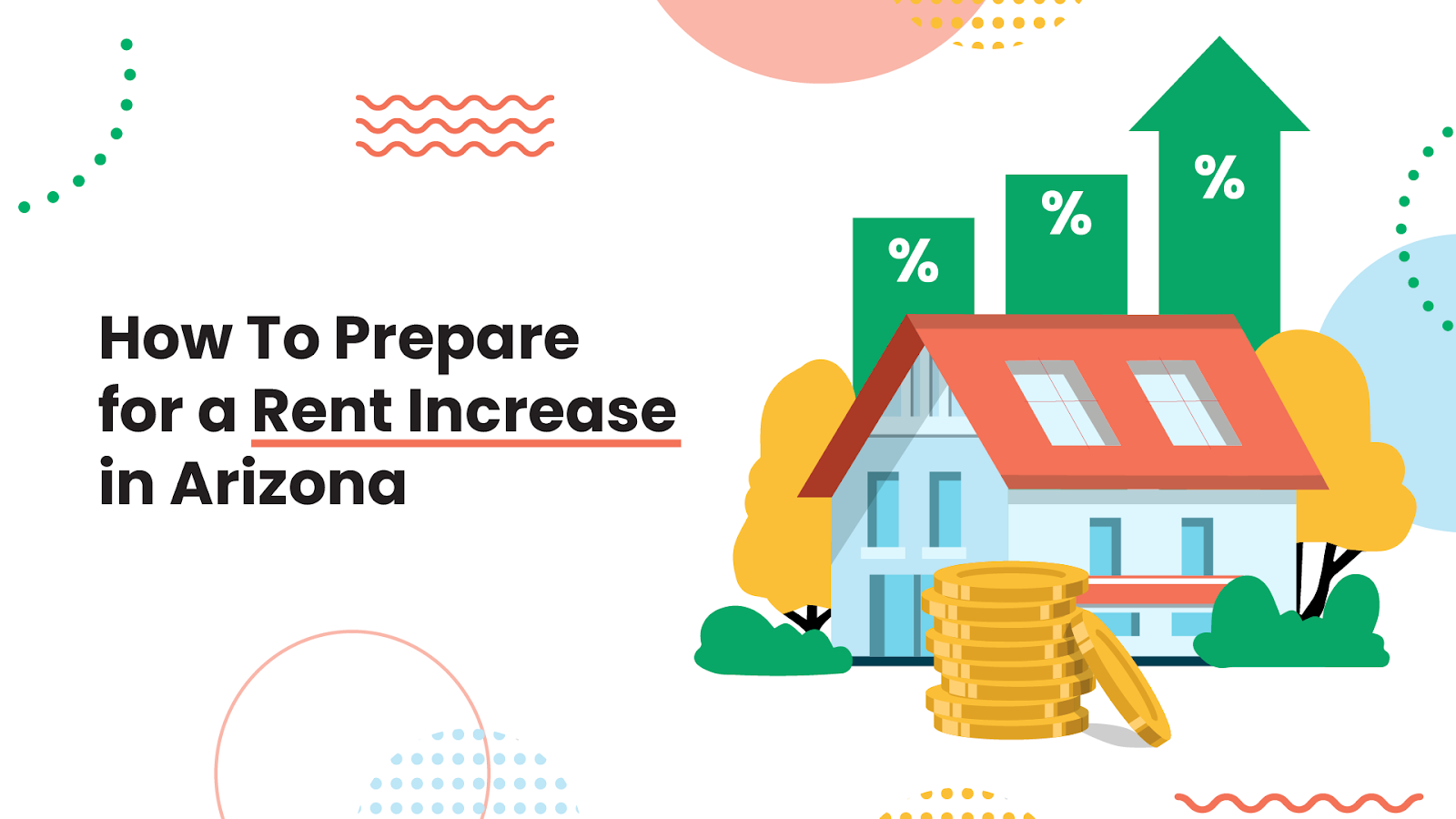Tenant Rights: What You Need to Know When Your Landlord Sells Property
14 Jul 2023 • 6 min read

There’s no place like home, whether you own or rent it. So, when your landlord tells you they’ve decided to sell their rental property, it’s natural to feel a little lost.
Will you have to move out? Will your lease agreement be honored? What if the new landlord raises the rent? The questions can be overwhelming. But there is a bright side — you have legal rights as a tenant.
Let’s explore them.
- Can My Landlord Sell My Rental Home?
- Will My Lease Transfer To The New Landlord?
- How Long Do I Have To Get Out After a Sale?
- Can I Terminate My Lease Early?
- Can My Landlord Offer Me Cash To Move Out?
- What Happens To My Security Deposit After The Sale?
- Do I Need To Restore The Unit To Its Original Condition, Even If It’s Due For A Remodel?
- Do I Have To Show The Place To Potential Buyers?
- If I Move Out Early, Do I Still Have To Pay Rent?
- How Do The Rules Apply In Rent-Controlled Buildings?
- How Can Renters Insurance Help With My Transition?
- Final Thoughts: Tenants' Rights When Your Landlord Sells Your Home
Can My Landlord Sell My Rental Home?
Yes. As the property owner, your landlord has every right to sell the home to any prospective buyer or transfer the property to another landlord. But that doesn’t automatically mean you’re at risk for eviction or a fast rent increase.
Will My Lease Transfer To The New Landlord?
Your rental agreement is for the property, not the owner. So unless a specific clause allows for lease termination due to a property sale, the new owner must honor your current fixed-term lease.
Without a sale termination clause, the new owner’s stuck with you until the lease expires.
That said, the new landlord can offer to pay you a lump sum in exchange for moving out via a buyout agreement (also known as “cash for keys,” which we’ll discuss in more detail in a later section).
How Long Do I Have To Get Out After a Sale?
Usually, you won’t have to move until the end of the lease since the new owner or landlord has to honor the current tenancy agreement. That goes for both month-to-month leases and fixed-term leases.
If the lease ends due to a clause that allows for termination upon sale, your landlord must provide you with a written notice to vacate based on state laws and sometimes federal laws if your property falls under the CARES Act:
- California: At least 60 days’ advance notice is required if you’ve been renting for over a year. Otherwise, you get 30 days' notice.
- Texas: In eviction cases, as little as three days' notice is required. In other cases, or if the property falls under the federal CARES Act, you get at least 30 days’ notice.
- Arizona: At least a 30-day notice unless you and the landlord agree otherwise.
- Nevada: At least a 30-day notice except for weekly renters, who receive only seven days’ notice.
If you haven’t found a new place to live, no special exceptions exist to let you stay longer. However, your landlord may choose to grant an extension as long as you keep making rent payments.
Can I Terminate My Lease Early?
Terminating your lease early because of a sale might not be possible unless certain conditions are met. Typically, you’d need a sale cancellation clause in your lease, or your old landlord will need to agree to the early termination in writing.
You may have grounds to terminate the lease early through a breach of contract lawsuit if your landlord violates any of the lease terms. For example, if your new landlord in Texas fails to make repairs in hopes that you’ll just move out, you can terminate your lease early under Texas Property Code § 92.0081,
Can My Landlord Offer Me Cash To Move Out?
Your landlord isn’t required to pay you to move out. But, if your landlord wants you out early, they can offer a cash-for-keys agreement, a contract where you’re paid to vacate the rental unit.
The amount of money offered can vary, but it is often equivalent to two weeks of rent plus your full security deposit. They may offer incentives like offering to pay for a storage unit or relocating you to another building free of charge for a short period of time.
It’s important to note that you don’t have to accept the offers to move out. If you choose not to take the cash or other incentives, your landlord must honor the terms of your lease.
What Happens To My Security Deposit After The Sale?
You don’t lose the security deposit because of a sale. One of two things will happen with your security deposit:
- The current landlord returns your security deposit to you, and then you give it to the new owner or property manager.
- The original owner directly gives the deposit to the new owner or property manager for you, who has to hold it until the end of the lease term.
Do I Need To Restore The Unit To Its Original Condition, Even If It’s Due For A Remodel?
In general, a sale of the property doesn’t let you off the hook for returning it in the condition it was when you moved in. That doesn’t change even if the unit is scheduled for an upgrade or renovation.
But talk with your landlord before starting repairs. If a unit is going to be completely renovated, he may be willing to return your security deposit, even if there are some cosmetic issues. Just get the agreement in writing to avoid any misunderstandings later.
Do I Have To Show The Place To Potential Buyers?
When a rental property is put on the real estate market, prospective buyers and realtors will likely want to view the property. While landlords are entitled to show the property, they can't just bring buyers and real estate agents to your unit unannounced.
In most states, landlords must give you at least 24 hours’ notice before an open house and schedule them at reasonable times – no early morning or late night showings.
Your privacy as a tenant should be respected. For example, landlords can’t use photographs showing your personal belongings, and you can be present during the open house if you want.
If I Move Out Early, Do I Still Have To Pay Rent?
Yes, unless there is an early termination clause, you still have to pay your rent until the landlord finds a replacement tenant.
Refusing to pay rent in this scenario may lead to legal action in a small claims court, so don’t withhold rent payments.
How Do The Rules Apply In Rent-Controlled Buildings?
In rent-controlled buildings, landlords can’t raise your rent within the first 12 months of the lease. If they decide to raise your rates, they can’t go over the annual increase cap (e.g., 10% in California) set by local rent control regulations.
If you live in a rent-controlled building, landlords can’t evict you without just cause. California generally has the strongest protections, and other states vary widely.
- California: Tenants can only be relocated for one of seven just cause reasons, including condo conversion, demolition, HUD foreclosure, violent threat, and owner-occupancy/residential manager occupancy.
- Texas: Currently no rent control laws except for temporary local controls during declared disasters.
- Arizona: Rent control, both statewide and local laws, is banned, but several bills were introduced in 2023 that might change that.
- Nevada: No current laws, but the Neighborhood Stabilization Act bill was introduced in 2023 that would link rent to the state’s cost-of-living index if passed.
How Can Renters Insurance Help With My Transition?
Renters insurance can provide coverage for your items while you're moving (even if they’re in a storage unit), so even if the property has been sold to a new owner, you can rest easy that your personal belongings are protected against theft, fire, or vandalism.
Note that temporary housing is not covered since the selling of your apartment is not considered a covered peril.
Final Thoughts: Tenants' Rights When Your Landlord Sells Your Home
Facing a sale of the home you’ve been living in is unsettling, but it doesn’t have to be the end of the world. In most cases, your lease will continue and be renewed by the new owner, and you have tenant rights to protect you when rental property sales happen.
Stay on top of local and state housing laws and pay attention to the terms of your lease agreement to make sure you are prepared.
And don’t forget renters insurance. Renters insurance can save you from unexpected expenses if something happens to your stuff during the transition. To get the best possible protection, get a Goodcover quote now.
Note: This post is for informational purposes; insurance regulation and coverage specifics vary by location and person. Check your policy for exact coverage information.
For additional questions, reach out to us – we’re happy to help.
More stories
Team Goodcover • 19 Aug 2024 • 10 min read
Colorado Rent Increase Laws: A Comprehensive Guide for Renters
Team Goodcover • 8 Aug 2024 • 4 min read
Is it Legal for Property Managers to Demand Rent Early?
Team Goodcover • 3 Apr 2024 • 6 min read
Goodcover’s Guide to Pennsylvania Landlord-Tenant Laws
Team Goodcover • 9 Feb 2024 • 5 min read
Does Renters Insurance Cover Personal Property Damage Caused by Police?
Team Goodcover • 26 Dec 2023 • 6 min read




